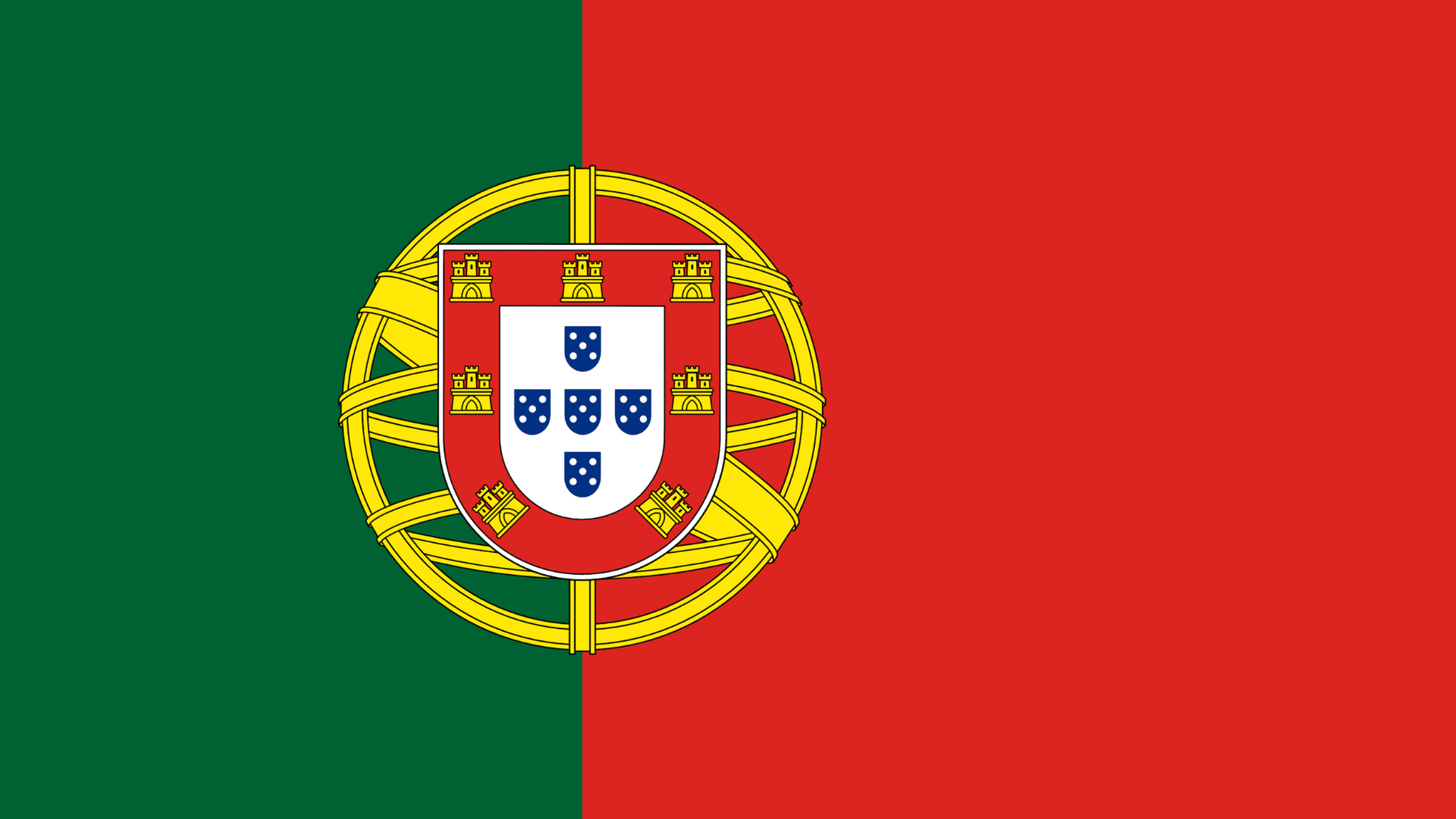Portuguese Translation

Portuguese Translation and Localization
TrueLanguage offers timely, precise Portuguese translation and localization services. We can handle virtually any type of translation project. Our team of professional linguists includes native speakers of Portuguese and certified subject matter experts who can perfectly translate material following your exact specifications. We use cutting-edge translation and project management tools and follow ISO 9001 standards, guaranteeing efficient, high-quality, and authentic results.
De portugues para ingles
Language Facts and Information
Portuguese Snapshot
Portuguese is a widely spoken language that has many important uses in today’s world. Brazil is home to the world’s largest number of Portuguese speakers, with over 200 million people speaking Brazilian Portuguese. Additionally, Portuguese is an official language of the European Union and is used in official EU documents and institutions. The language is also becoming increasingly popular online, with the number of Portuguese speakers on the internet growing by around 22% annually.
Portuguese is the seventh most-used language on Twitter and the ninth most-used language on Facebook.
Finally, Portuguese is important for international trade and business, particularly in Brazil and Portugal. Brazil is the ninth largest economy in the world, and Portugal is a member of the European Union, making Portuguese a valuable language for companies that do business in these regions. Overall, Portuguese is a language with a significant global presence and many practical applications, making it a useful language for anyone looking to expand their linguistic abilities.
Portuguese Facts and Trivia
Where it’s Spoken
Portuguese is a Romance language that is spoken by over 260 million people worldwide, making it the sixth most spoken language in the world. The language is mainly spoken in Portugal, Brazil, Angola, Mozambique, Cape Verde, Guinea-Bissau, and São Tomé and Príncipe, as well as in small communities in Goa (India), Macau (China), and East Timor. It is a language with a rich cultural history, and it is spoken in countries known for their scenic beauty, vibrant music, and exciting cuisine.
Global Statistics
Portuguese is a widely spoken language that has many important uses in today’s world. Brazil is home to the world’s largest number of Portuguese speakers, with over 200 million people speaking Brazilian Portuguese. Additionally, Portuguese is an official language of the European Union and is used in official EU documents and institutions.
Impact of Portuguese Worldwide
Being the most widely spoken language in South America and all of the Southern Hemisphere, it is also the second-most spoken language, after Spanish, in Latin America, one of the 10 most spoken languages in Africa, and an official language of the European Union, Mercosur, the Organization of American States, the Economic Community of West African States, the African Union, and the Community of Portuguese Language Countries, an international organization made up of all of the world’s officially Lusophone nations. In 1997, a comprehensive academic study ranked Portuguese as one of the 10 most influential languages in the world.
Regional Variations
Portuguese has two main dialects: European Portuguese and Brazilian Portuguese. European Portuguese is spoken in Portugal and some former colonies, while Brazilian Portuguese is spoken in Brazil. While both dialects are similar, some pronunciation, grammar, and vocabulary differ. For example, in European Portuguese, the letters “c” and “p” are pronounced differently than in Brazilian Portuguese. Also, some words that are commonly used in Brazil have different meanings in Portugal and vice versa. However, both dialects are mutually intelligible, meaning that speakers of one dialect can easily understand speakers of the other.
“Você, a pronoun meaning “you,” is used for educated, formal, and colloquial respectful speech in most Portuguese-speaking regions. In a few Brazilian states such as Rio Grande do Sul, Pará, among others, você is virtually absent from the spoken language.”…”Conjugation of verbs in tu has three different forms in Brazil (the verb “to see”: tu viste?, in the traditional second person, tu viu?, in the third person, and tu visse?, in the innovative second person), the conjugation used in the Brazilian states of Pará, Santa Catarina, and Maranhão being a generally traditional second person,”
Origin and History
Portuguese evolved from the medieval language, known today by linguists as Galician-Portuguese, Old Portuguese, or Old Galician, of the northwestern medieval Kingdom of Galicia, of which the County of Portugal was part.
Summary
Since Portuguese constantly evolves, you must have informed and highly experienced professional linguists to produce accurate and culturally appropriate translations. Portuguese currently features approximately 818000 words and adopts or adds 1000 (2021) new words each year. Will you need a Portuguese translation that will easily be understood in all regions where the language is spoken? Or do you instead require a regionally specific translation? Select either our TrueGlobal™ or LocalVoice™ approach as appropriate.
Consider a Partnership with TrueLanguage
Are you looking for a partnership with a language service provider? If so, you may wish to consider TrueLanguage. We offer ISO-Certified state-of-the-art business translation services that are on budget, on time, and to your exact specification. Every time. Or perhaps you’re just looking for a cost-free, no-obligation estimate for your next translation project. Either way, we’d love to hear from you!


